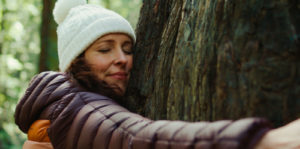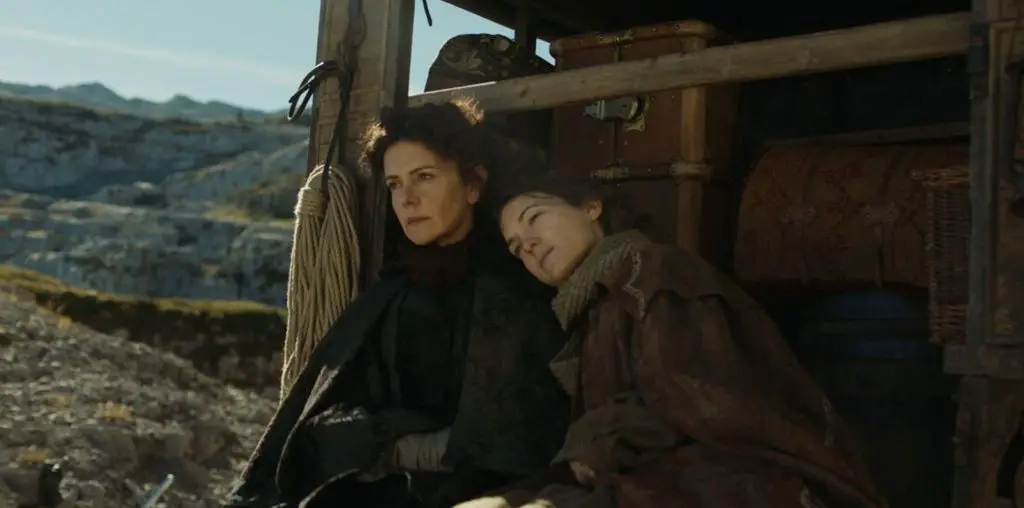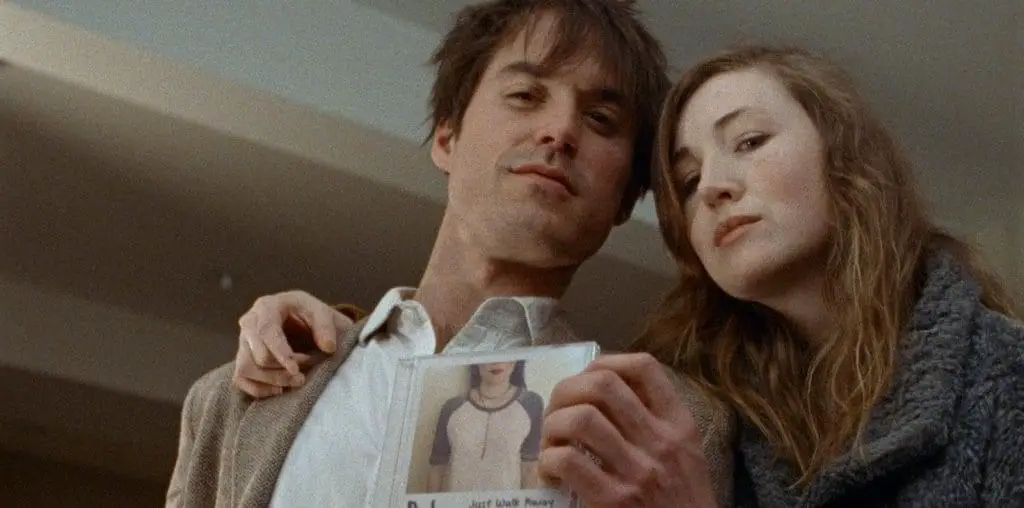
Later on in the same interview, Jennifer — you go on to mention that, “If someone puts out content, they did something. And not everybody gets up and does something.” Do you see that attitude as a prevailing sentiment in the indie film space? Insofar as, regardless of outcome, the people making these movies are expressing themselves where others might not even try to start creating outright?
Jennifer: My former father-in-law used to say when I would tell him my ideas, “Kid, everybody has got ideas. It’s the people that do something about them that have success. Do something about it. Stop telling me, and do it.” And I always thought, “Well, that’s easy for you to say.” But he was right. You come to a film festival like Austin and you see all these people that actually took ideas and put them down. That’s how you get to have a chance at something really special. So many people are afraid to take that first step and look, it’s scary.
Michelle: For good reason. It’s not easy.
Jennifer: I’ve had many breakdowns on Zoom calls, thinking that Michelle and I are about to walk into the arena with our hearts on our sleeves — begging people to like our baby. That’s a scary thing, but it’ll always be okay. You have to believe that.
We’ve touched briefly on the logistic tenets of making a film, and you’ve both mentioned the literal road trip you had to take as a crew to tell a story about a road trip. With all the locations up the coast, what were the challenges of taking that real-life production trip — and what were a few logistical nightmares (or dreams) that the two of you found yourselves up against?
Michelle: One of them was that we had a fictional road trip that was operating on a certain narrative timeline, our characters were at certain locations at certain times of day, and then we had a real road trip that we needed to hit in chronological order. The locations were obviously real places, breweries, and whole states we had to shoot. We couldn’t just shoot at a brewery on the day that works for us and then come back later to finish up. We had to shoot this all from South to north. The solution was to anchor material that we absolutely could not change, and then where we could change something — like if it’s a gas station that’s supposed to be in Oregon, but it’s really in California — then we would do a little movie magic to make those moments happen.
A second challenge was sleep. There were days that wound up being shoot and travel days, where we needed to shoot a scene and then drive six hours. It was always about being on time, getting everyone to bed on time, and making sure that people’s days weren’t too long so we could all do our best work. It was about protecting energy.
Jennifer: We have a group of producers that are so amazing, and their work wound up keeping us on the right track. We leaned on them. I’ve heard from other producers that did similar road trip movies where their cars caught on fire, or a trailer hitch broke and they didn’t notice their equipment was gone until a few hundred miles later. We got so lucky. It was magical.
Michelle: Jennifer and I kept calling it a charmed production because so much could have gone wrong, and yet somehow, it didn’t.
Jennifer: Our producers and line producers — Meredith Riley Stewart, Kerry Carlock, Alethea Root, Doug Bilitch, and John Thomas Schrad — really prepped us. They were on call even when they weren’t with us, solving problems from home whenever we needed them to. We had big talks about losing our patience, and we knew there would be times when that would happen, but we were all very cognizant of how to process those emotions.
“…everybody has got ideas. It’s the people that do something about them that have success…”
One last question. We’ve been talking a lot about For When You Get Lost as a movie, and I wanted to get more personal. Beyond the film — this is a story about sisters, mothers, fathers, and siblings. These are characters that are self-sabotaging and hypocritical, which is very human, but their love for each other is never in question. They know their lives can get better. What does it mean for you to be daughters and mothers yourselves? And then briefly, how did you bring those life experiences into this particular film?
Michelle: I have a five-year-old and an eight-year-old. In the end, we wanted to show that the characters all had their own coping mechanisms to deal with things that were hard in their lives. Like we all do. They chose, in some cases, radically different strategies. Cami’s coping mechanism happens to be boundaries, and setting those strict boundaries even if there is damage once they’re set. Mikey’s is to put people down, keep her distance, and protect her safety by doing so. These strategies have certain ways that they work and don’t work, and what Jennifer and I talked about a lot was wanting to communicate that wholeness — warts and all.
As mothers and as family members, we would want our families to have the capacity to forgive us if mistakes had been made that caused people to cut each other off. I would like to have that second chance, and yet we didn’t want to imply that that’s always the healthiest choice. All of our characters choose reconciliation by the end of the film, but we wanted to communicate how people have to find their own paths to that healthy closure.
Jennifer: I’m a mother to a fourteen-year-old daughter, and I’m not sure if I’m answering your questions — but what I got to experience when I was there when my dad died in real life was that I realized he was a human being. And suddenly, he was the most beautiful human being I had ever seen. They rolled him by, and I saw him and burst into tears. He had this glow. It was the first time I ever really saw him. He wasn’t this dad that was above me, and had done things and experienced a life. He was a human and a man who had done the best he could with the tools he had, and that was okay.
From that moment on, there was a different space in my heart for him, and I hope that my daughter forgives me for things that I’m inevitably going to do. I hope that she can see one day that I’m just a human being and I’m not this deity up on a pedestal that wronged her somehow. You have to do whatever is best for you in life because we all die alone. Everybody dies. You have to keep your side of the street clean because that’s all you can control. You can’t control what people do. You can only control how you see things and perceive them. That’s what I got from my dad, and I hope that’s what ends up being conveyed in the movie.
All of these characters are human, and they’re flawed. What June and her family decide at the end is that they want to get the tools they need to get better, and it maybe took losing their father to see that — but what a great gift he gave them.
Michelle: You might want an apology, but what you need is a greater understanding and connection outside of the regret.


